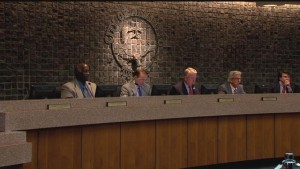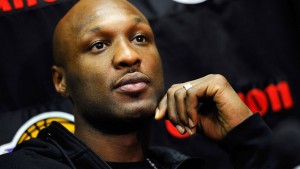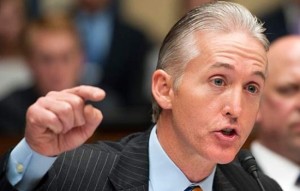Let’s play a little game of “What If?”
It goes like this:
Amarillo voters will vote Nov. 3 on whether to approve a multipurpose event venue that includes a ballpark. It’s a non-binding referendum, meaning that the City Council is not bound legally to follow the voters’ wishes.
It’s an open question today about whether the $32 million project will receive the voters’ endorsement.
However, what if the voters say “yes” to the MPEV? The council currently comprises three members — a majority — who dislike the proposal as it’s been presented. The three men — Elisha Demerson, Randy Burkett and Mark Nair — were elected this past May; Demerson and Burkett defeated incumbents Ellen Green and Lilia Escajeda, respectively, in winning their council seats.
Green and Escajeda are staunch supporters of the MPEV.
Back to the “What If?” game.
What if the majority decides to buck the voters? Are they so wedded to their vision of what the MPEV should look like that they’ll say “no!” to the results of the referendum?
The three men campaigned on a promise to be more transparent, more accountable to the voters, more willing to listen to what voters want.
Well, this vote well could give them their best chance of all to prove they are men of their word.
It also could give them the opportunity to stand behind their combined belief that the MPEV as it’s been developed and presented is a loser.
This “What If?” game, of course, swings the other direction. If voters say “no” to the MPEV, the council members who favor it — Councilmen Brian Eades and Mayor Paul Harpole — face the same conundrum. Do they vote against the residents’ will knowing they don’t have the votes to stop it?
Ah, the change we got on our City Council. Ain’t it grand?
If the vote goes the way I want it to go — with an MPEV endorsement — I’ll send plenty of vibes toward City Hall encouraging the entire council to ratify the voters’ wishes.
And, yes, I’ll do the same if the vote goes badly.








